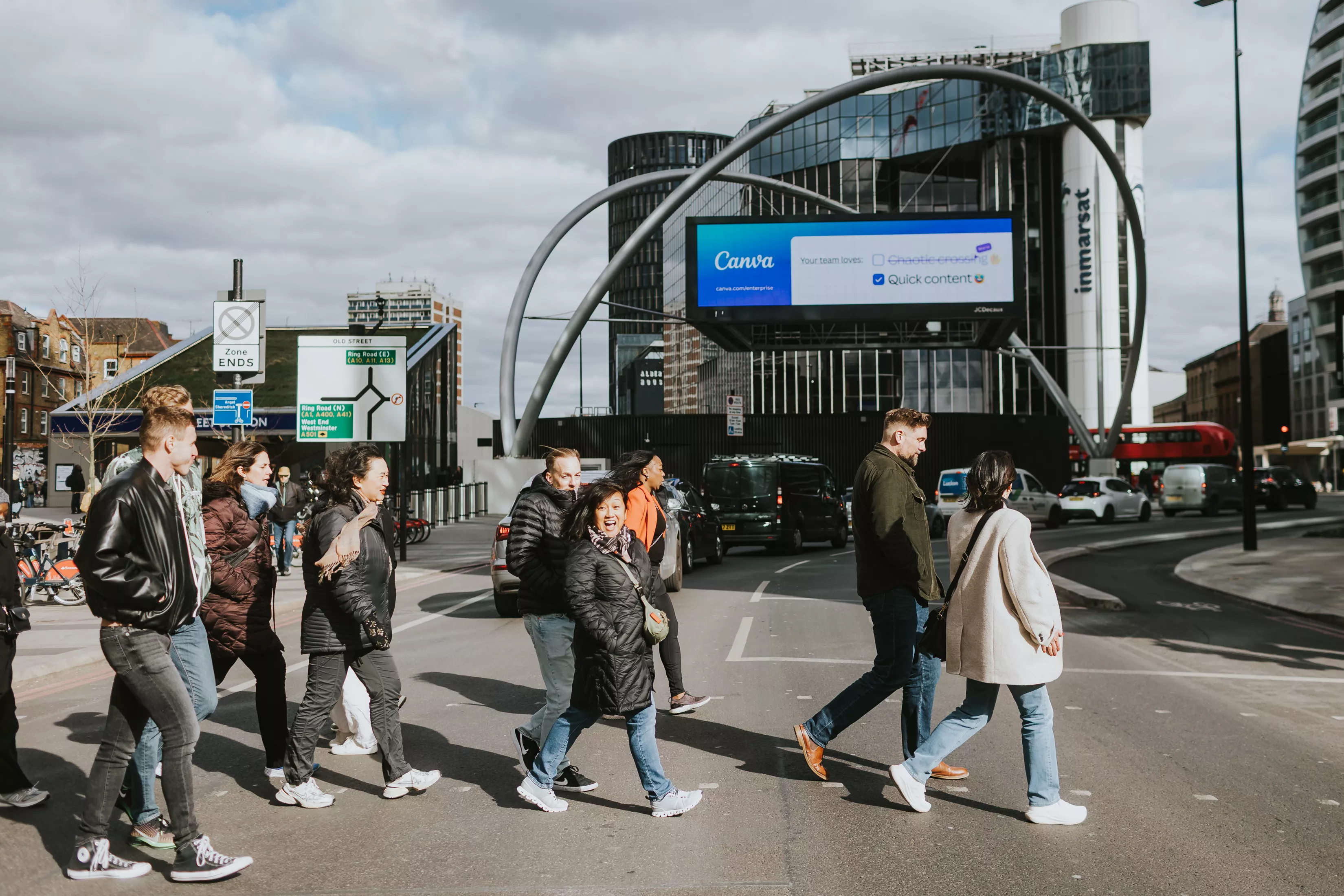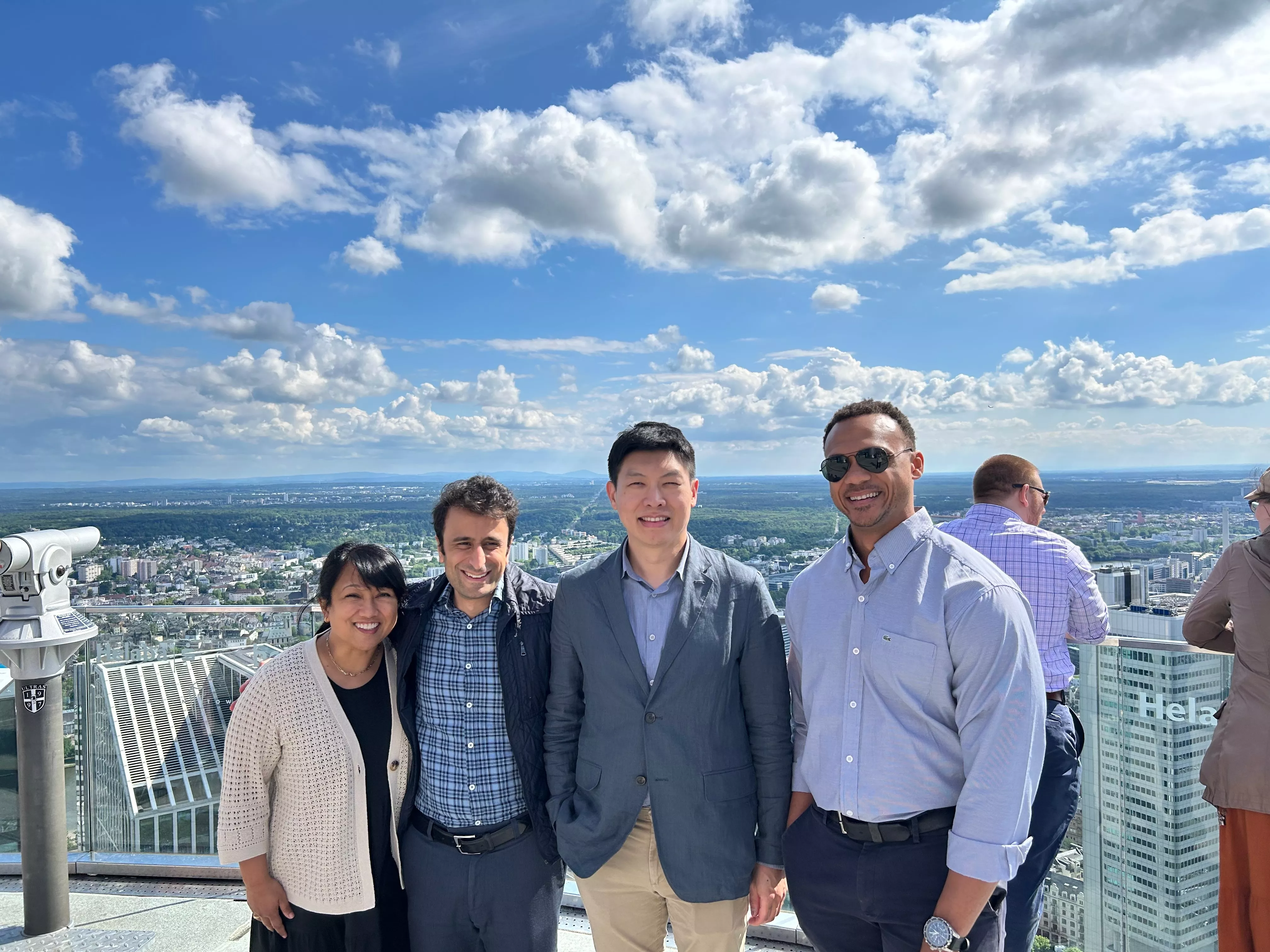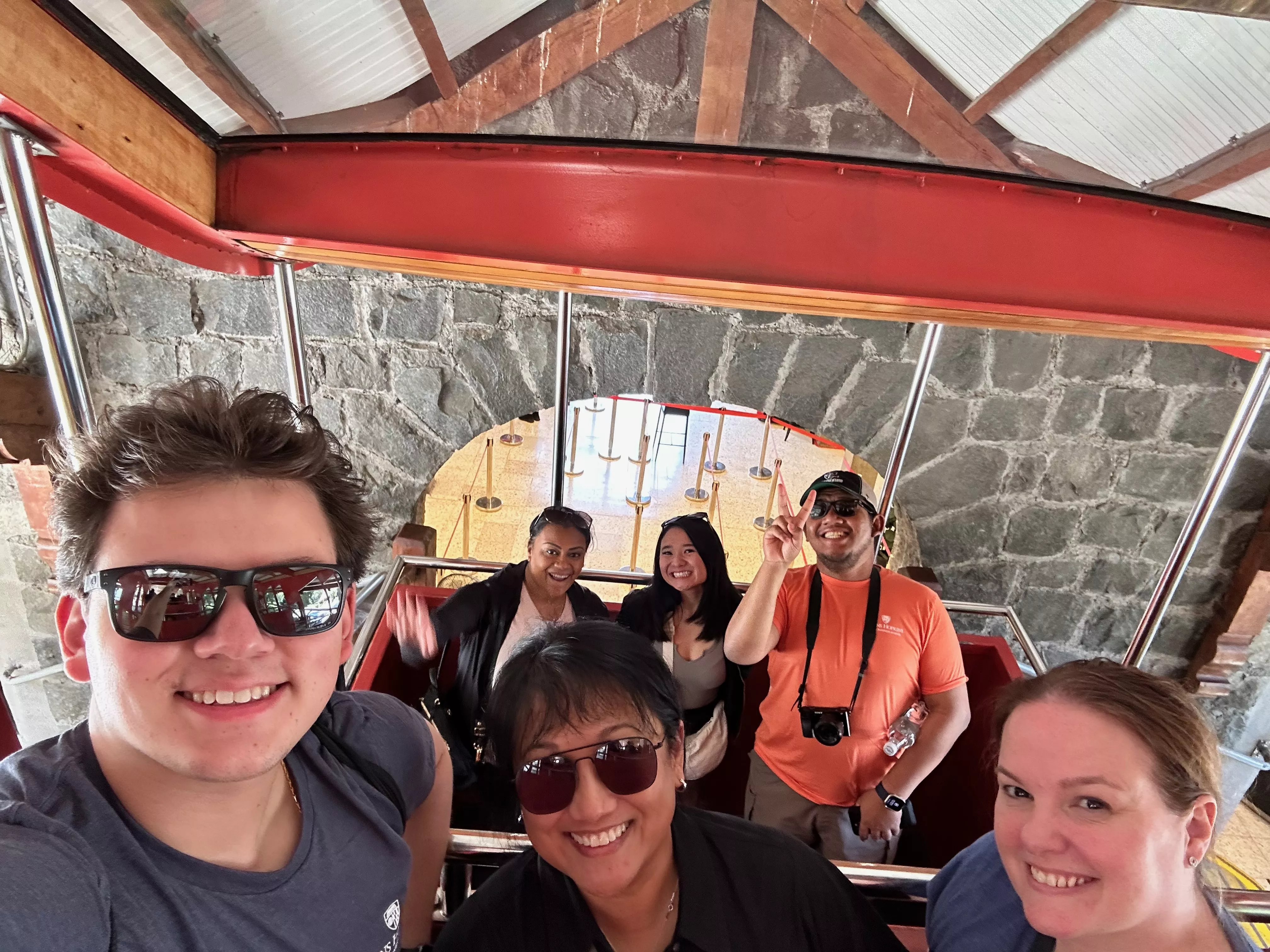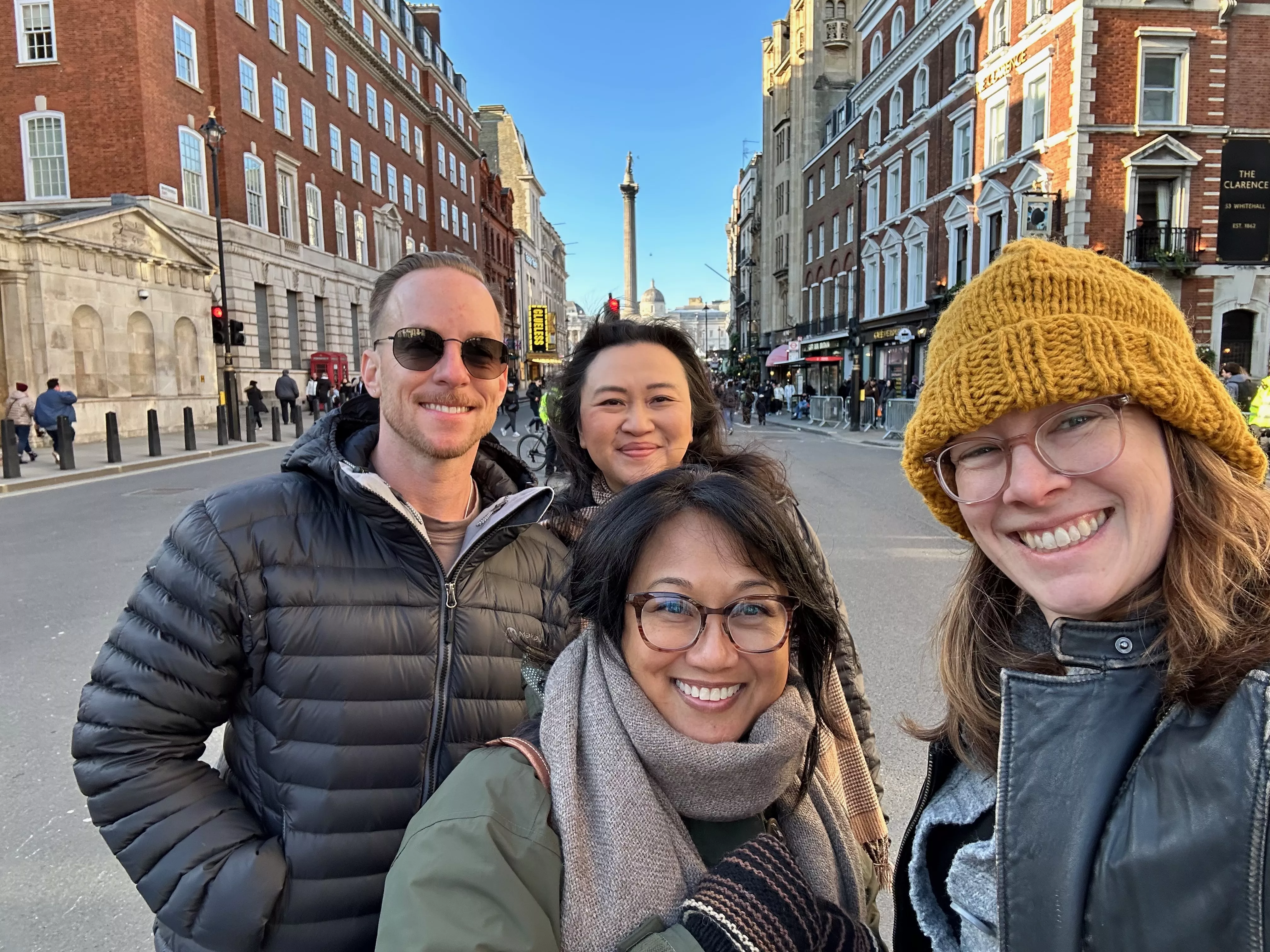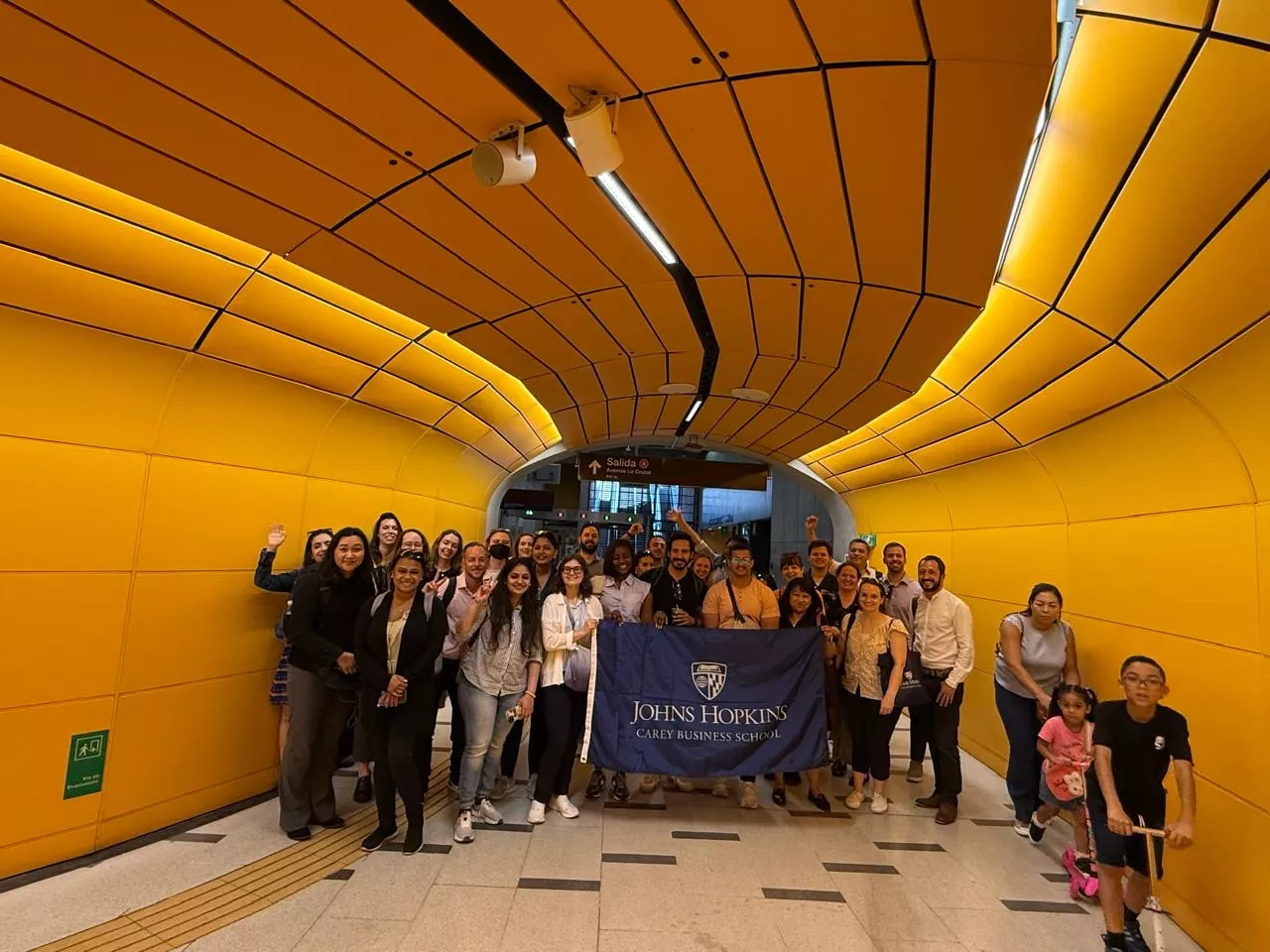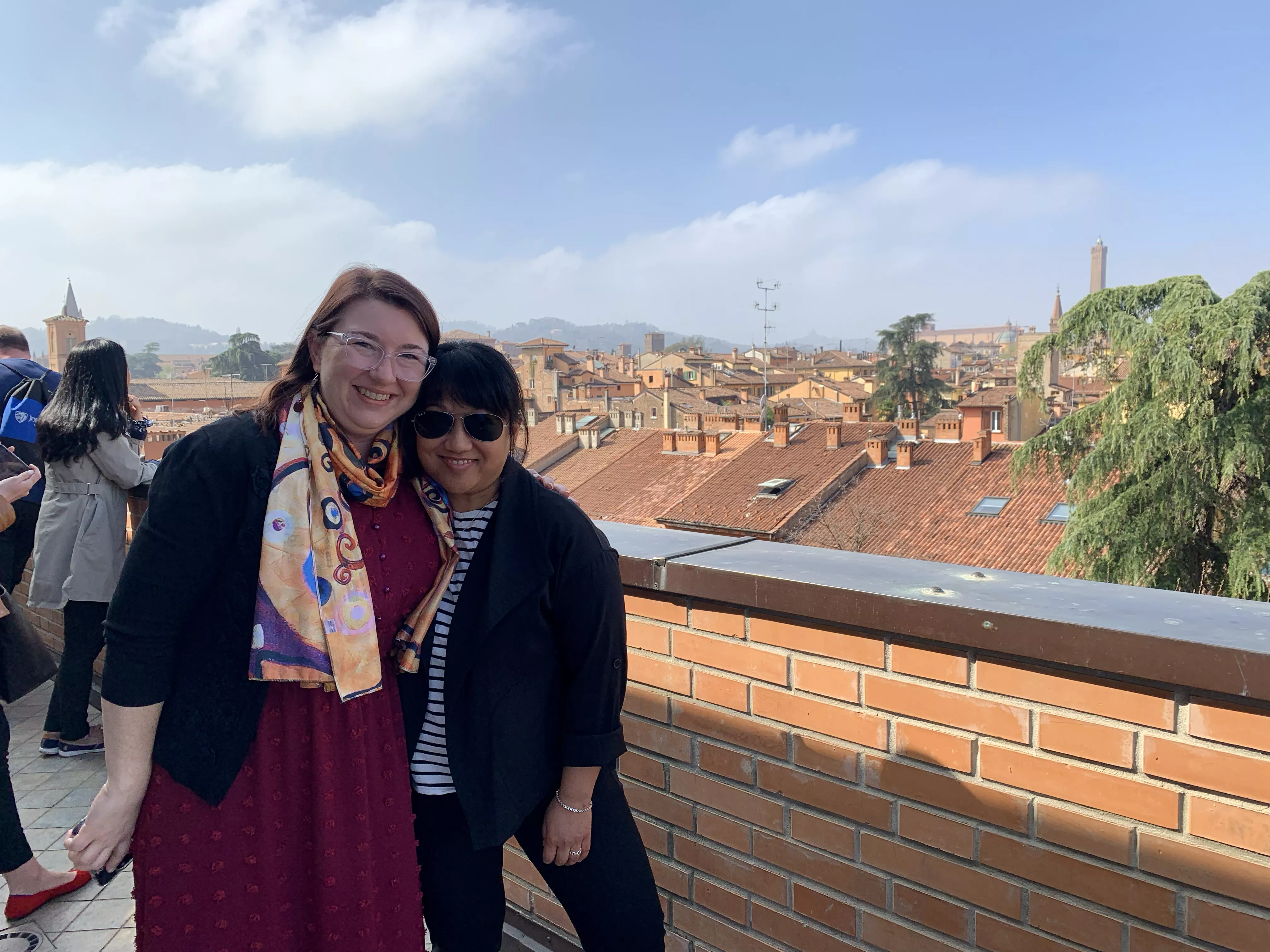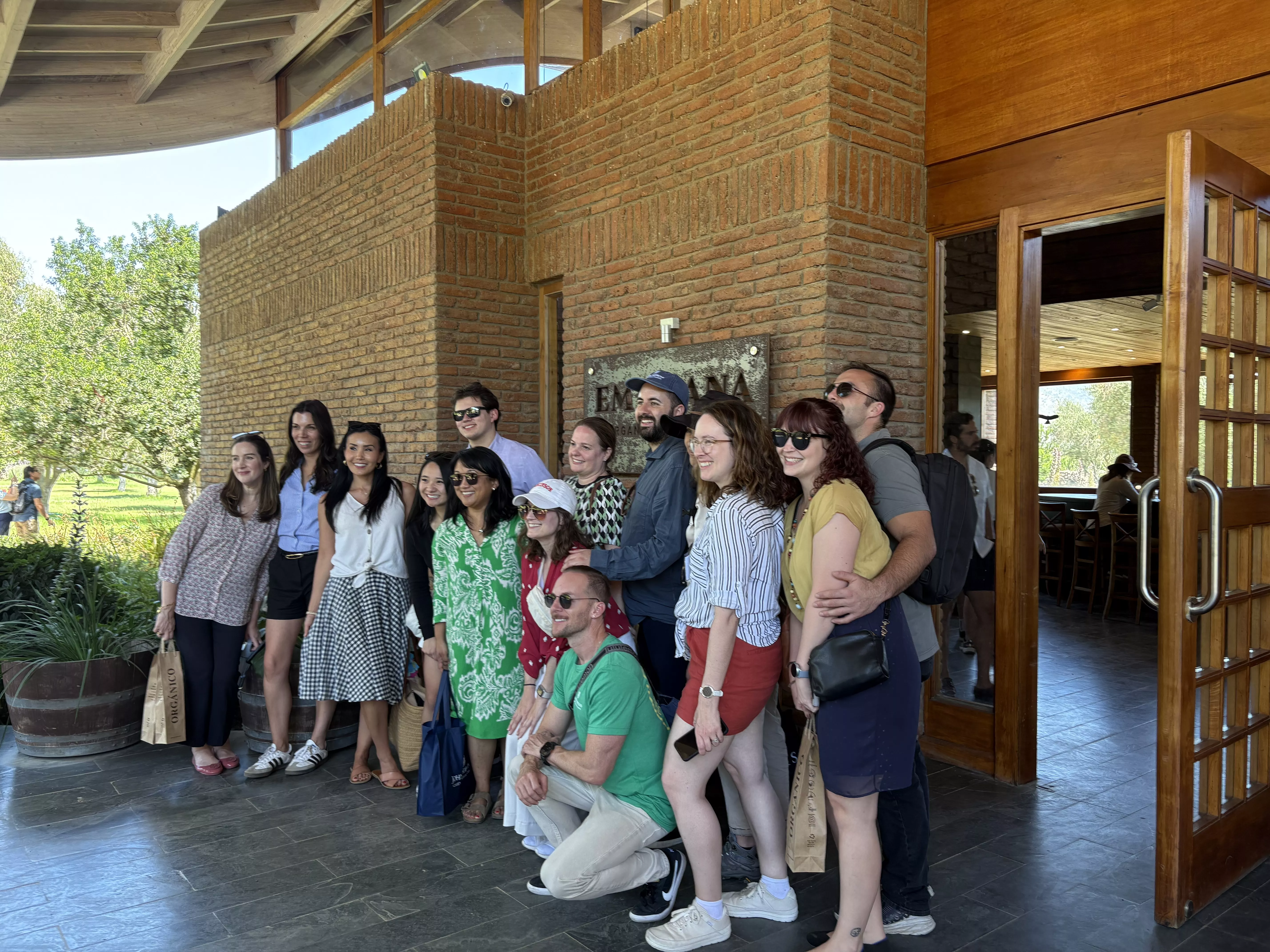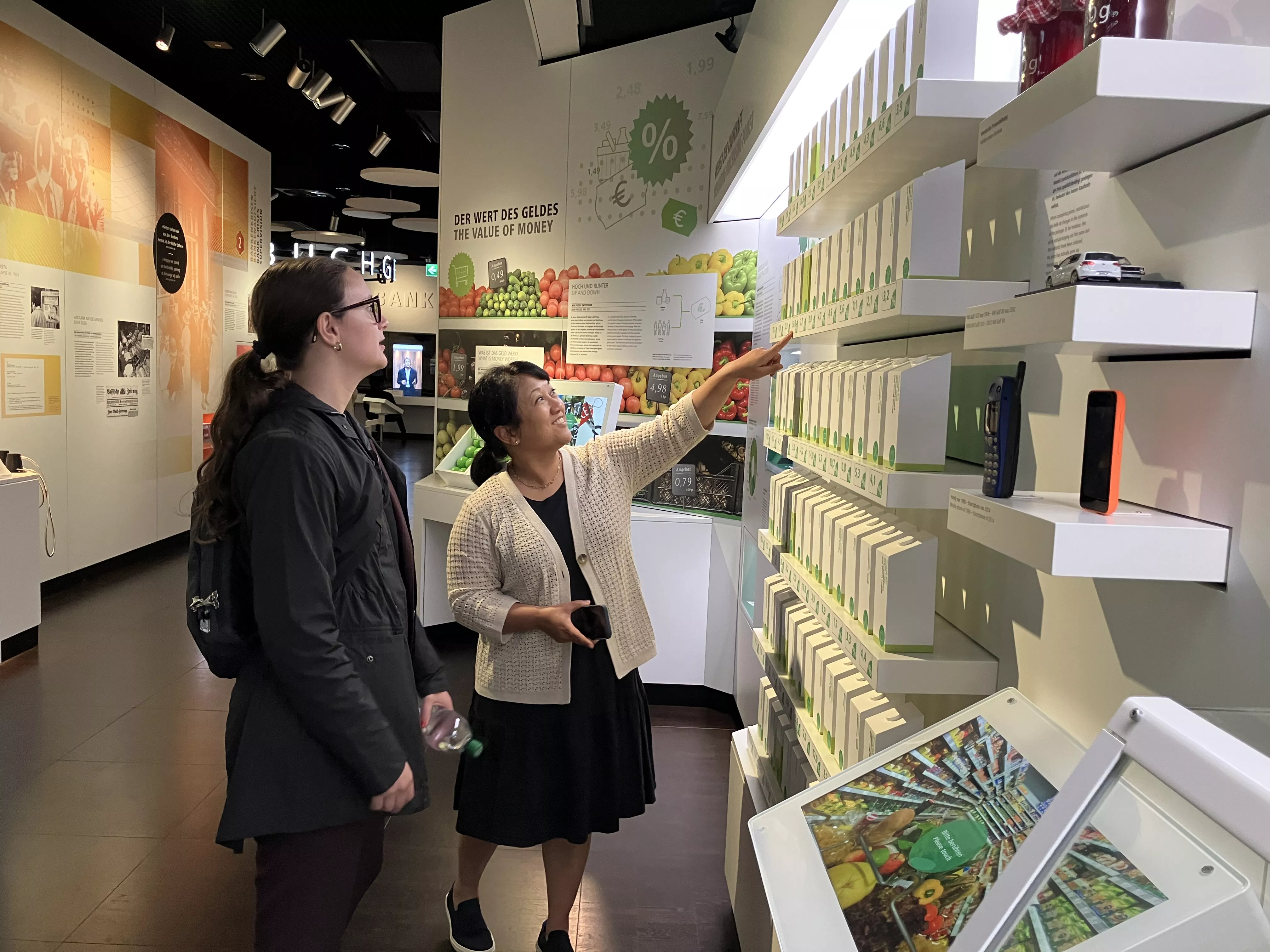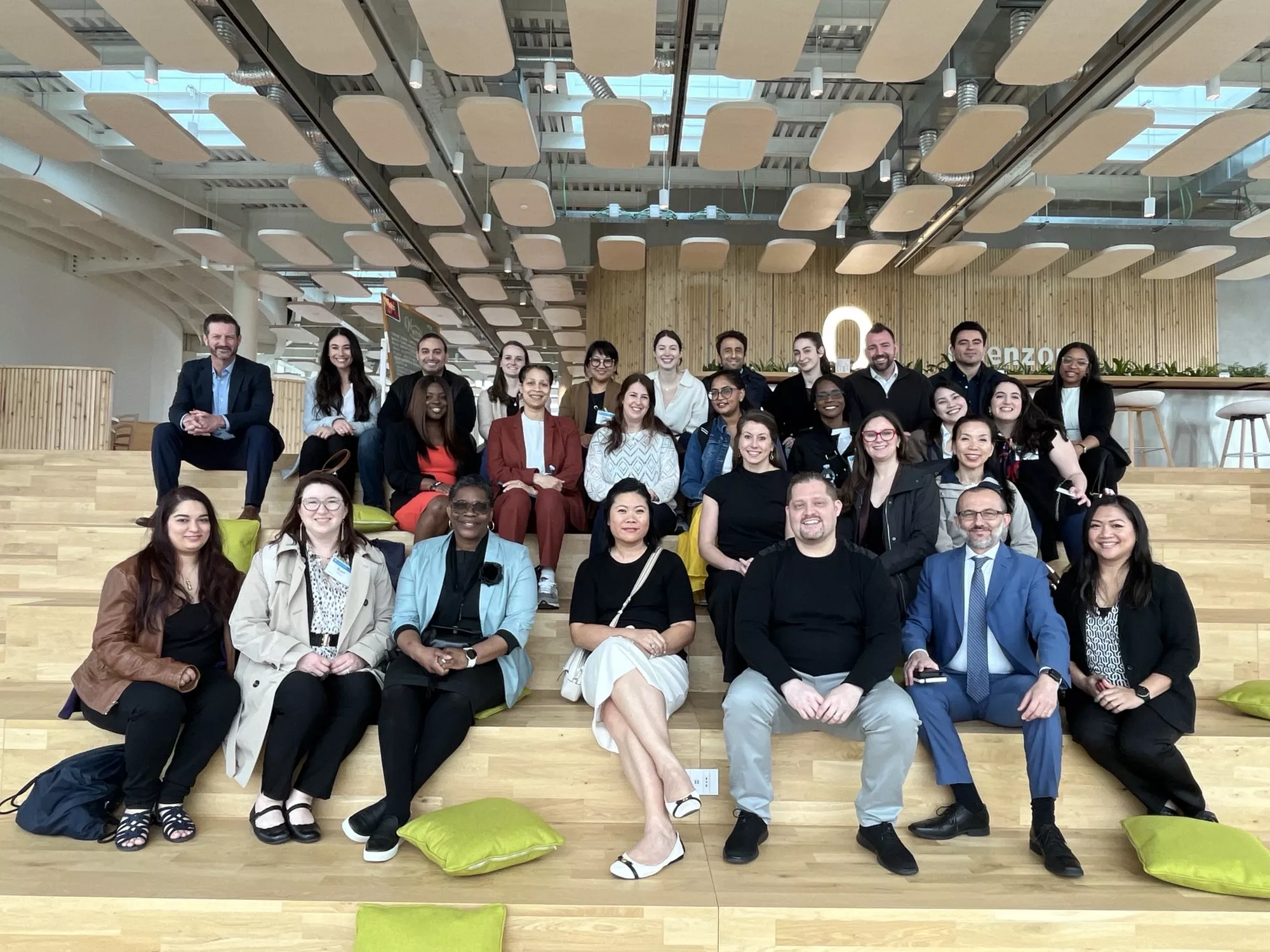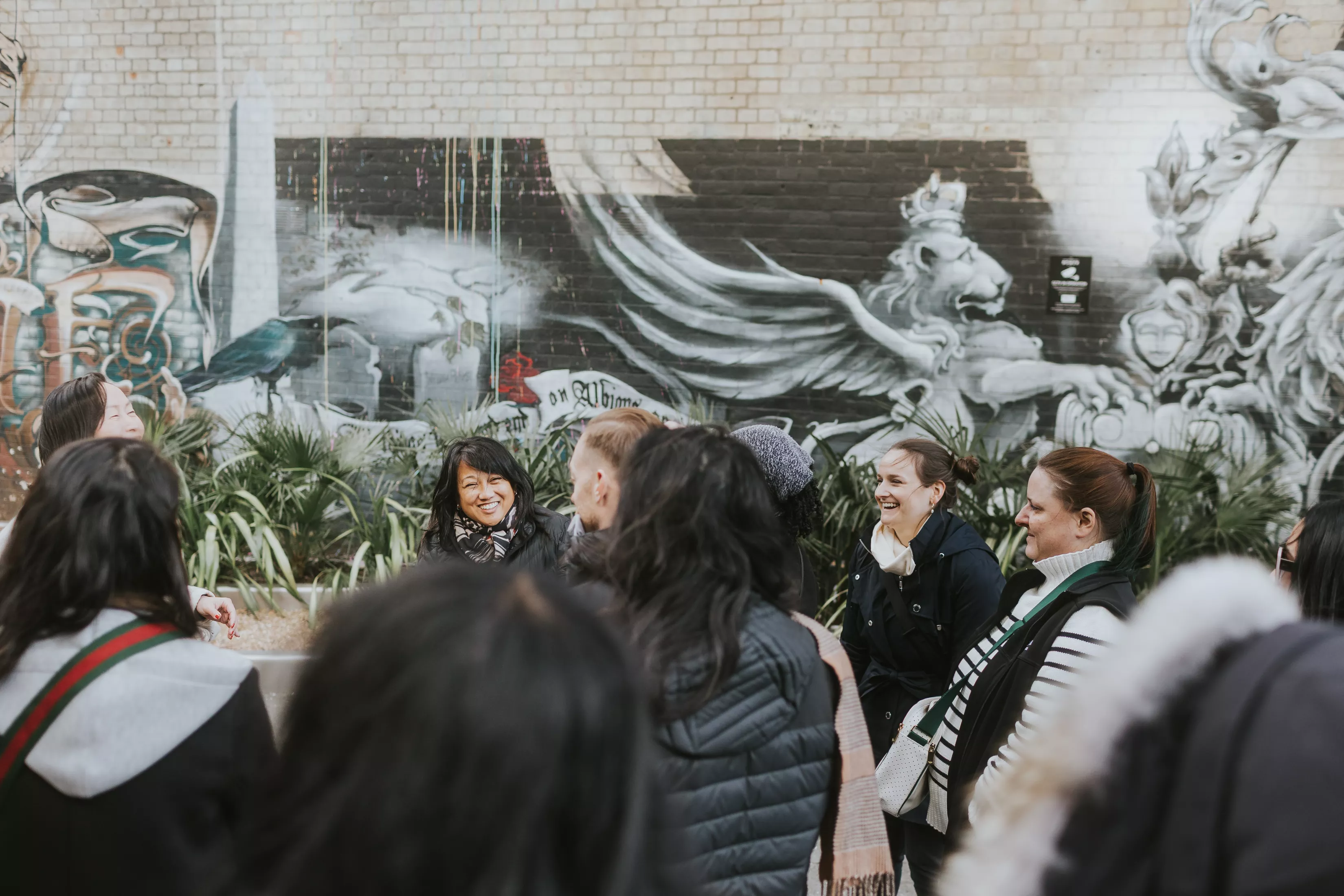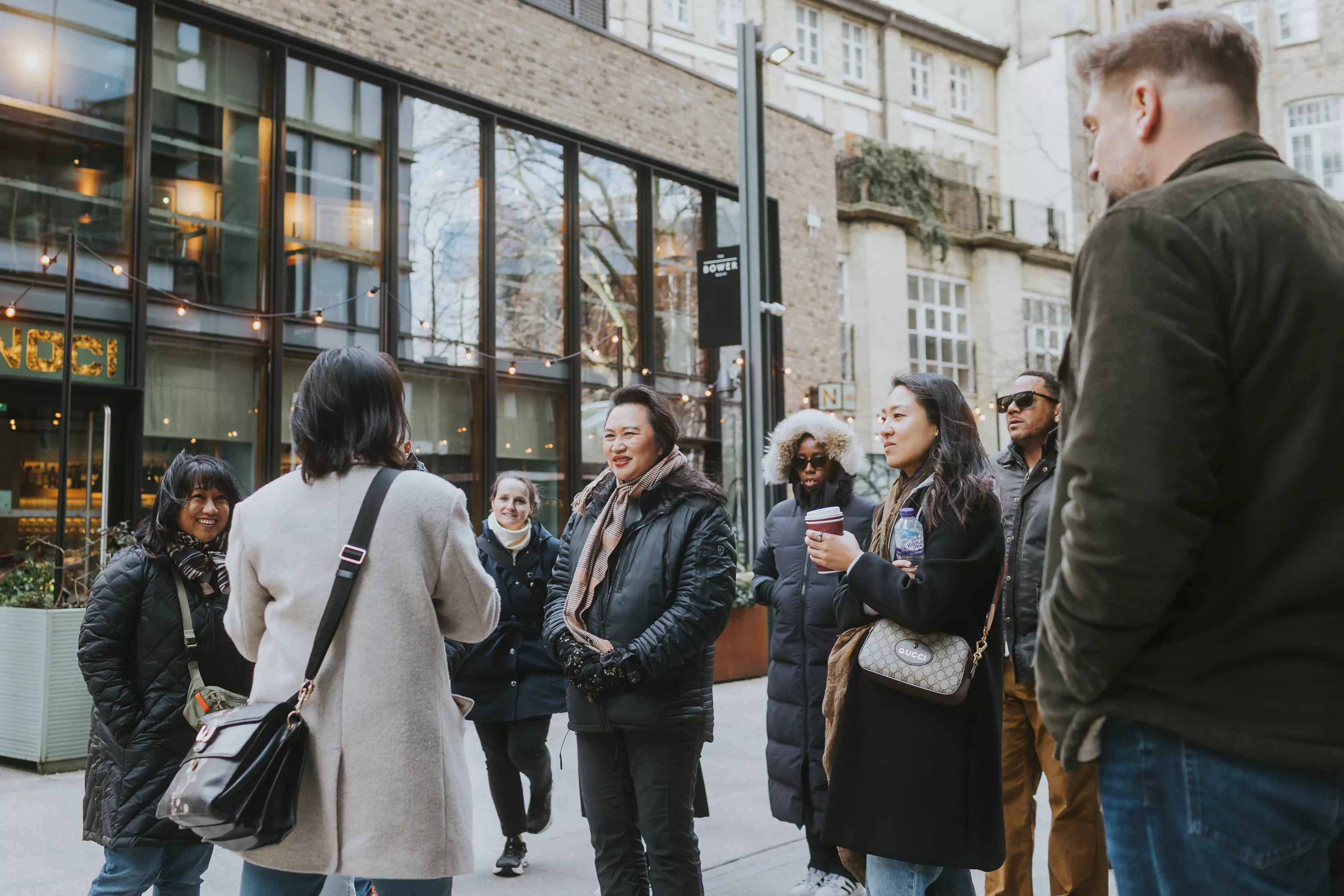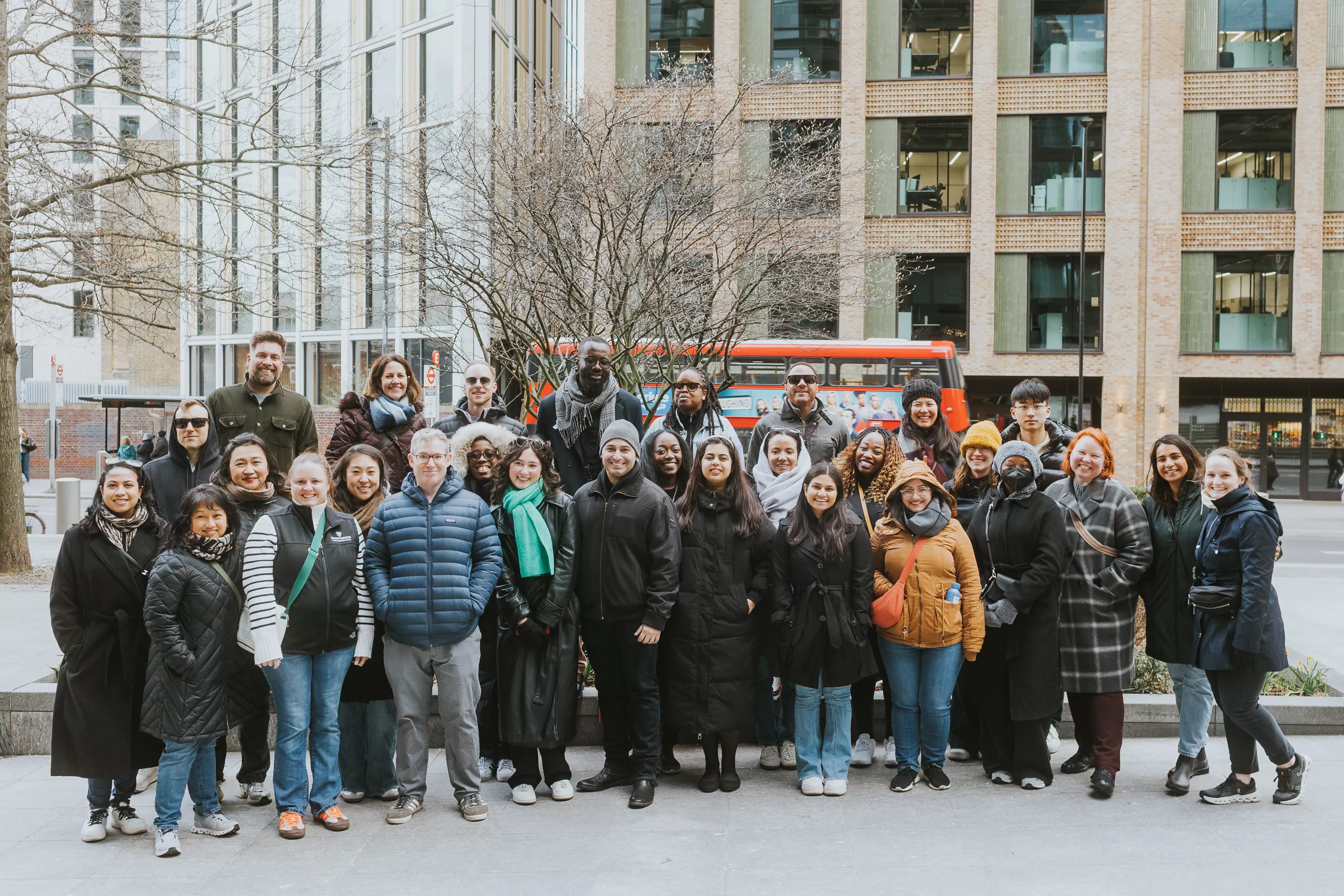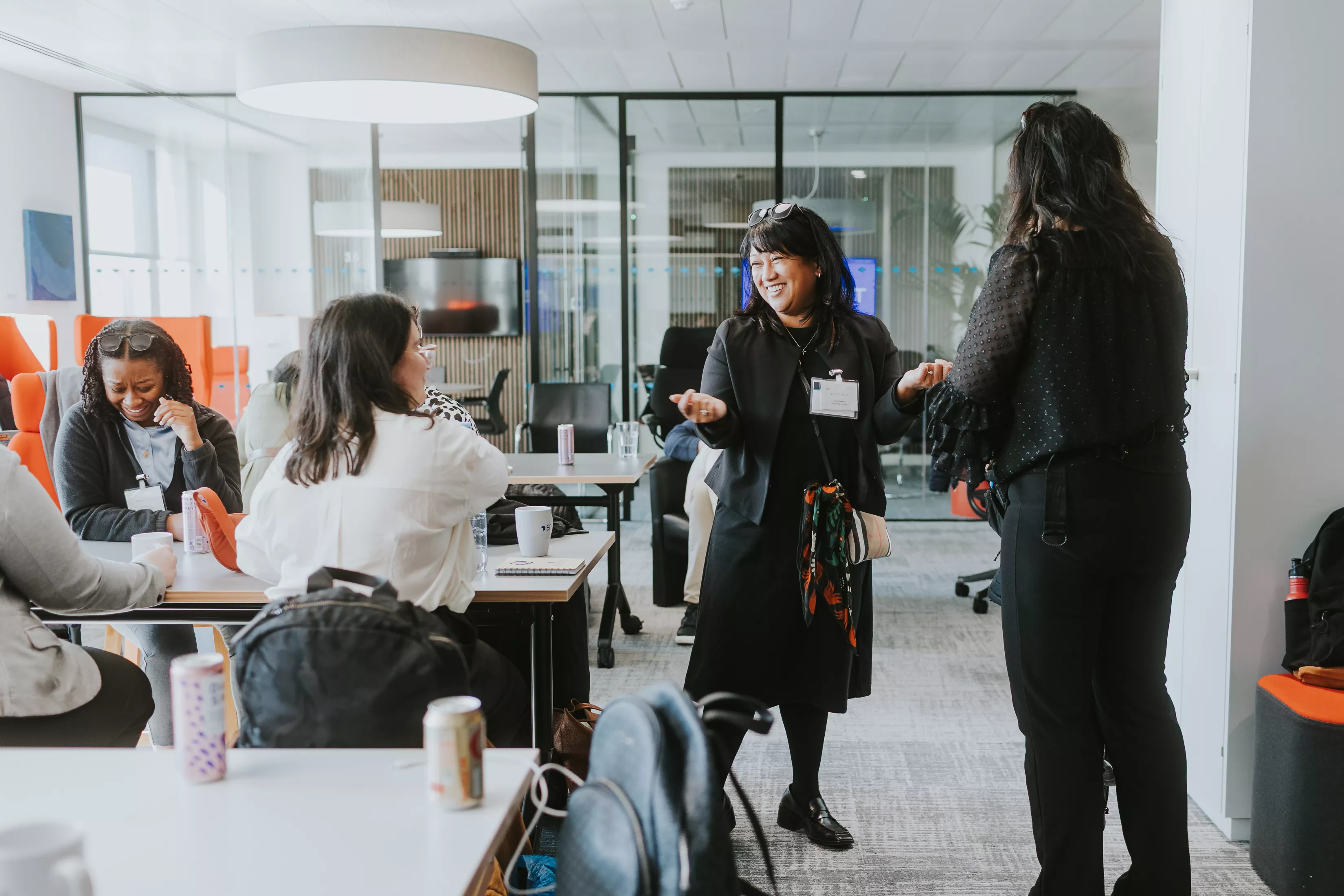Many Flexible MBA students pursue an MBA to expand their business knowledge, enhance their leadership skills, and grow their networks all while managing and maintaining their personal and professional commitments. That balance is exactly what the Flexible MBA was designed for–to manage work, life, and academics with ease.
For current Flexible MBA student Vivian Cabral, the program has also served as a passport to view the world through a new lens. Through Carey’s Global Immersion program, Cabral has participated in four global immersions across four different countries, gaining firsthand experience in international markets, engaging with global business leaders, and developing a cross-cultural perspective.
“These courses have reshaped my understanding of health care, economics, global trade, and technology,” Cabral said. “They highlighted how leaders must balance innovation with sustainability, think beyond traditional business models, and consider holistic solutions and policies that address global societal challenges. They reinforced the importance of transparency, inclusivity, fairness, and environmental stewardship in leadership.”
Expanding perspectives across continents
Cabral strategically selected each global immersion based on how they aligned with her professional aspirations and personal interests, with each destination offering a unique experience on global business practices.
- Milan, Italy: Health Care in Europe: In Milan, Cabral explored European business, health care models, and regulations. As a person who is passionate about innovation in health care and the start-up ecosystem, Cabral said the course gave her the opportunity to explore how European countries approach health care challenges such as regulatory frameworks and sustainability practices. The cohort also took tours of Milan and Bologna, which Cabral said enriched her perspective on how history and modernity intersect in Italian business culture.
“The academic content at Universitá Bocconi and visits to health care companies allowed me to see firsthand how businesses innovate within a complex regulatory environment,” she said. - Frankfurt, Germany: Finance in Europe: Cabral said Frankfurt was an obvious choice for her to attend due to its status as a financial hub in Europe. The trip offered insights into start-ups, innovation, sustainable investments, and the European monetary system. She said the course was instrumental in broadening her understanding of global financial systems and preparing her for leadership roles in multi-national organizations.
“I was particularly drawn to learning about venture capital funding in the EU, corporate governance, financial reporting differences, and the impact of geopolitical factors like Brexit on European markets,” she said. - Santiago, Chile: Business in Latin America: With a focus on sustainability and economic trends, Cabral said the trip to Chile resonated with her interests in corporate social responsibility. Visiting Pontificia Universidad Católica, Emiliana Organic Vineyards, and Arauco showed how businesses balance profitability with environmental stewardship, which reinforced for her that leadership involves aligning corporate goals with environmental stewardship.
“The lectures on Chile’s trade agreements and its role as a test market in South America expanded my knowledge of Latin American markets and their global impact,” Cabral said. “This experience highlighted the importance of adapting strategies to local contexts, which is a critical skill for any global leader.” - London, England: Technology and Society through a Behavioral Economic Lens: London’s immersion centered on the intersection of technology and societal well-being. “It was a perfect match for my interest in leveraging AI and data-driven insights for decision-making,” Cabral said.
The course explored topics like choice architecture, biases in decision-making, and the relationship between public policy and technology. The group visited organizations like the UK Behavioral Insights team, the UK Parliament, and Deutsche Bank, which Cabral said helped provide practical applications of how behavioral economics principles shape the evolving technology landscape and regulations.
Building lasting connections
Cabral said these experiences provided her with invaluable skills and insights beyond the traditional or online classroom setting.
“The breadth and depth of Johns Hopkins’ global network gave us access to high-level leaders and organizations,” she said. “The immersions facilitated relationship-building with global leaders, policymakers, award-winning authors, journalists, researchers, and alumni.”
The shared experiences amongst classmates from various backgrounds helped her foster strong bonds and exchange ideas–an opportunity that is especially valuable for online students. And the in-person group work allowed her and her peers to improve their teamwork, communication, and leadership skills in real-time.
Cabral knew that each visit was a rare opportunity to connect with academic and governmental leaders. She said she appreciated how the hands-on exposure expanded horizons for tackling real-world problems that went beyond traditional classroom learning.
“Curating such a comprehensive itinerary reflects the extensive network and reputation of Johns Hopkins that opens doors to exclusive visits and private lectures with experts in the industry. These experiences have deepened my academic knowledge and developed my critical thinking skills, cross-cultural competence, and global mindset, which is essential for success in today's interconnected business world,” she said. “They are invaluable for future opportunities and collaborations.”
Global Immersion at Carey
Johns Hopkins Carey Business School’s Global Immersion program puts students at the forefront of foreign markets, exposing them firsthand to the challenges that international businesses face. Global Immersion is a seven-day, two-credit course wherein students collaborate with business leaders to examine a particular industry problem from the businesses’ perspective.
“Through firsthand interactions with high-level executives, policymakers, and industry leaders, I've gained an understanding of global business practices, cultural nuances, and emerging trends that textbooks and virtual learning cannot convey,” said Cabral.
To learn more about Carey’s in-person and virtual Global Immersion opportunities, please visit the Global Immersions webpage.
